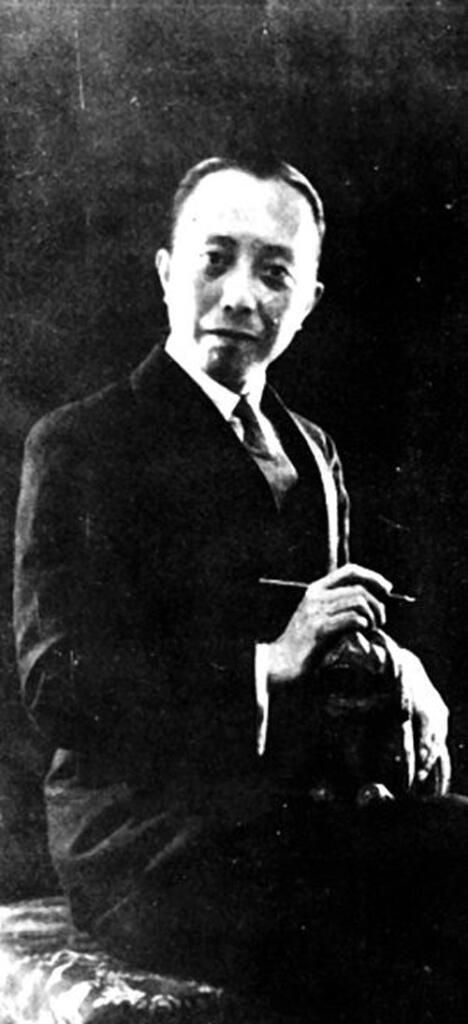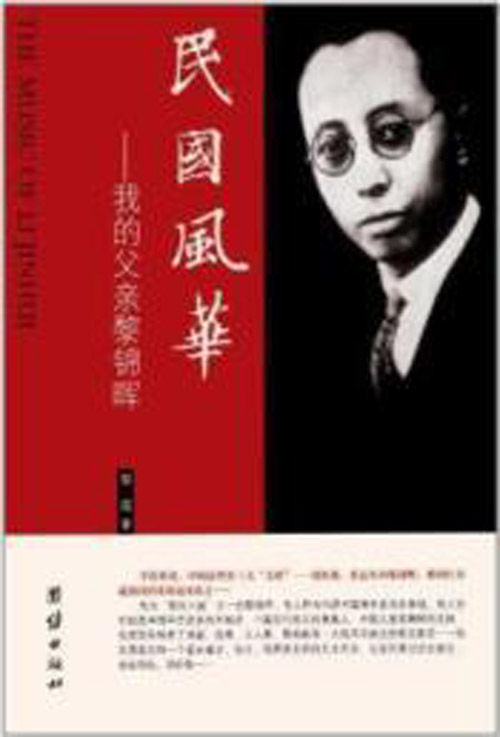For those who have been to Shanghai and strolled along the streets of the Bund where they were once the center of Chinese nightlife, you will be pleased to know something about one of its protagonists: Li Jinhui (黎錦暉) (1891 -1967).
Li Jinhui was nicknamed the 'father of Chinese folk music' (Yellow Music) and the creator of a new musical form. He had grown up studying Confucian classics and was fascinated by Chinese folk music, which he then masterfully incorporated into his revolutionary new musical style of Yellow Music.
To follow his musical instincts, he had worked as a musician, choir director and part-time music instructor. He then adapted, transcribed and performed regional Chinese folk songs.
He became much more interested in folk songs, which were considered 'vulgar' and common, rather than the European romantic music that was in vogue at the time.

In 1920, he formed the 'Bright Moon' singing and dancing troupe, which he described as: 'We raise a banner of a 'music for the common people', as the moon in the sky shines on the earth for all people to appreciate'.
Li was forced to disband the group due to pressure from the Chinese Nationalist Party and financial problems, but shortly afterwards founded the Beauty School for Girls in 1928 in order to continue working with a group of his pupils.
After a financially unsuccessful tour, Li released several albums to great acclaim and reconstituted the group Bright Moon in 1929 touring the country.
Although his production was innocent and educational in content, it still met with the disapproval of some critics. Perhaps for breaking the taboo and allowing women to perform on stage by hiring, among others, his daughter Li Minghui.
Li Jinhui is an imposing presence in the history of modern Chinese popular music. In addition to pioneering a new brand of jazz music influenced by traditional Chinese music, he has recorded thousands of songs for famous companies and popular entertainment films.
He even led the first major all-Chinese jazz band in a luxury nightclub in Shanghai.
Li Jinhui helped the careers of many famous singers, popular musicians and film stars of the time, including the famous "Golden Voice" Zhou Xuan.
Although his music was extremely popular, throughout the 1930s he came under attack from critics who despised his interest in folk and popular forms.
Eventually, the Chinese Nationalist Party succeeded in banning his music for its 'decadence' and 'vulgarity', and his reputation as a 'yellow' music composer grew stronger.
Li Jinhui died a victim of political persecution during the Cultural Revolution and was labeled a 'corrupter of public morals'. During this period, Mao Zedong was against intellectuals who were seen as enemies of his government.
Li Jinhui represents a very controversial figure during the early development of New Music in China. On the one hand, he composed many song and dance dramas for children that were extremely popular, but on the other hand his works were often used as a negative example in teaching.
It was only in the late 1970s, with China's gradual reintegration into transnational financial and cultural circuits, that historians began to recognize that Li was not simply a popular musician and that his contribution went far beyond that.

Fu solo alla fine degli anni '70, con il graduale reinserimento della Cina nei circuiti finanziari e culturali transnazionali, che gli storici hanno cominciato a riconoscere che Li non era semplicemente un musicista popolare e che il suo contributo andava ben oltre.








Follow us